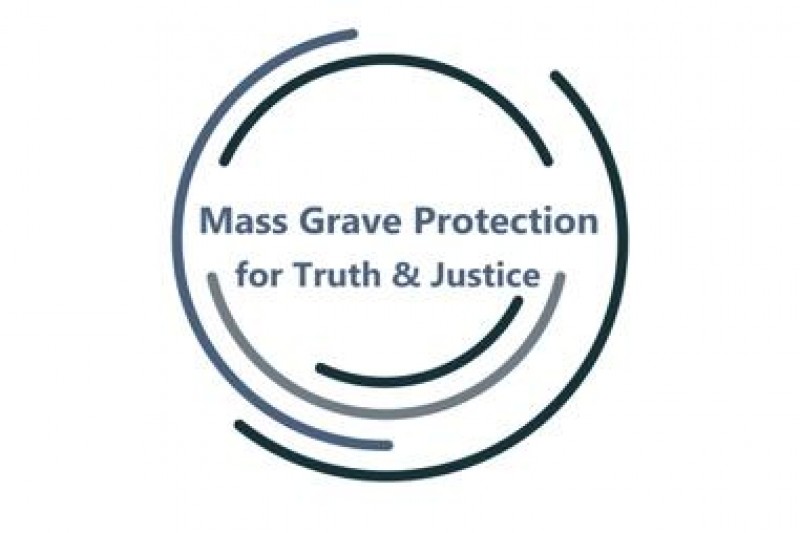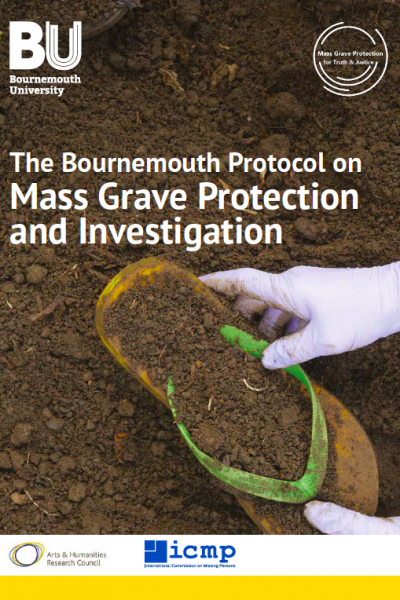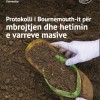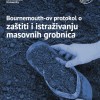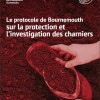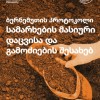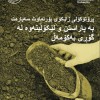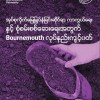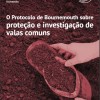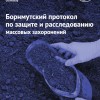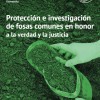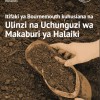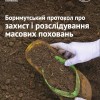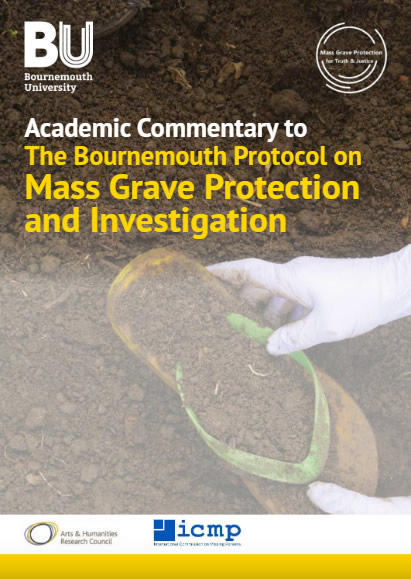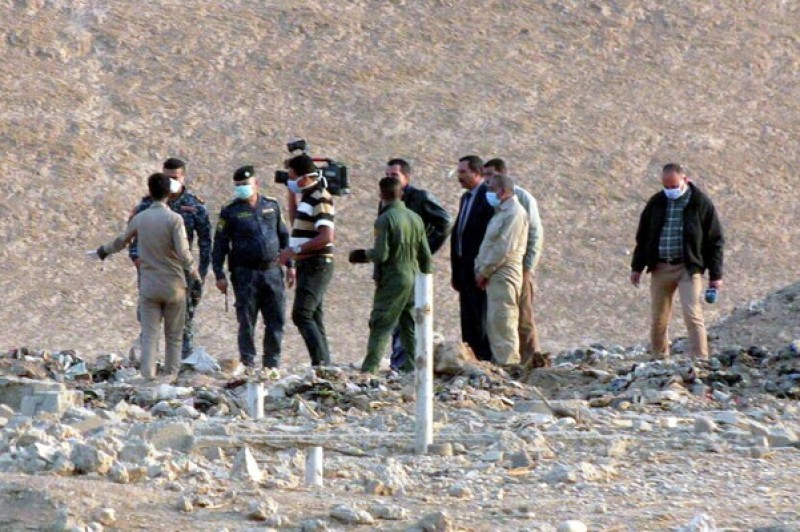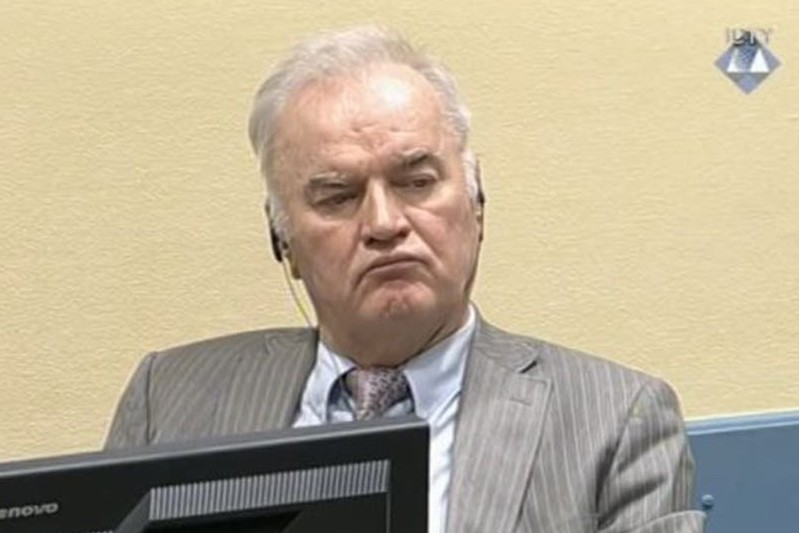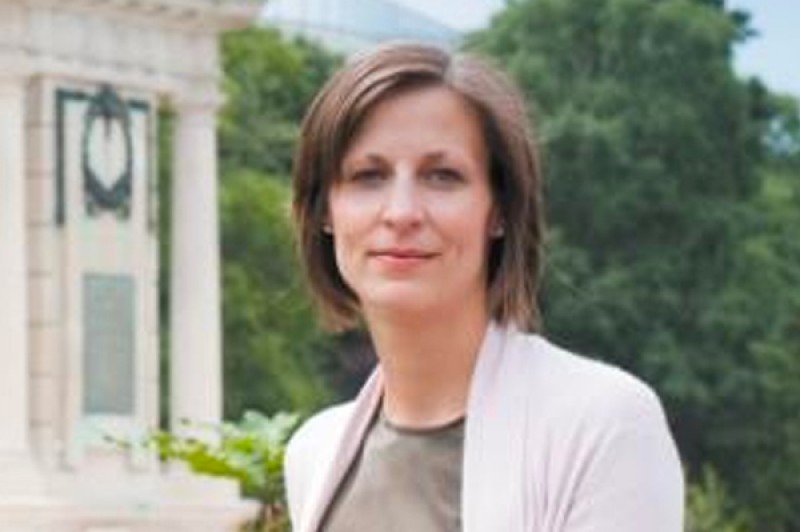About the project
Following conflict and gross human rights violations, victims have a right to know what happened to their loved ones and a right to justice. Across the world mass graves, often containing a multitude of human remains, are sites of human loss, suffering and unimaginable acts of cruelty.
There are compelling reasons for why mass graves need to be protected. They hold evidence that is important for the criminal investigations needed to bring perpetrators to justice. At the same time, the families of the dead have a need and right to know what happened to their loved ones. This requires identification and repatriation of the bodies.
The Bournemouth Protocol on Mass Grave Protection and Investigation
The project has developed a Protocol to improve practice in relation to safeguarding and investigating mass graves. It fills an important knowledge and practice gap by providing policy makers with reasoned legal principles to implement the effective operationalisation of mass grave protection. To help meet the needs of survivors and enhance the chance of achieving justice, in what are often highly politicised, sensitive and complex contexts, an academic-led approach, transcending institutional mandates, is vital. An accompanying commentary will ensure the reasons, justifications and discussions underpinning the Protocol are captured, providing a rich repository of deliberations to inform future research.
The Protocol can be viewed here.
Please cite as: Klinkner, M. and Smith, E., The Bournemouth Protocol on Mass Grave Protection and Investigation,Bournemouth University (2020)
Download the protocol directly from issuu.
Translations
Audio version of the protocol
Special thanks go to: Kate Adie, broadcaster, author and the University’s fifth Chancellor for introducing the Bournemouth Protocol; Alastair Danson, radio and screen actor, for voicing the text; Alex Wegman, demonstrator in film and television at Bournemouth University for his expert recording; and Rudy Noriega, freelance radio producer and Lecturer in Journalism at Bournemouth University for producing the audio version of the Bournemouth Protocol.”
Academic Commentary to The Bournemouth Protocol on Mass Grave Protection and Investigation
The Academic Commentary to the Protocol reflects on the underpinnings, debates and reasoning that led to the various provisions contained in the Protocol. It also offers insights into the processes of creating the Protocol.
Klinkner, M. and Smith, E., Academic Commentary to the Bournemouth Protocol on Mass Grave Protection and Investigation, Bournemouth University (2021).

Kathryne Bomberger
Director-General, International Commission on Missing Persons
ICMP actively supports the development of guidelines on mass grave protection. It is delighted to be a project partner with BU, as the project can deliver valuable support to societies that are dealing with the legacy of large numbers of missing persons
